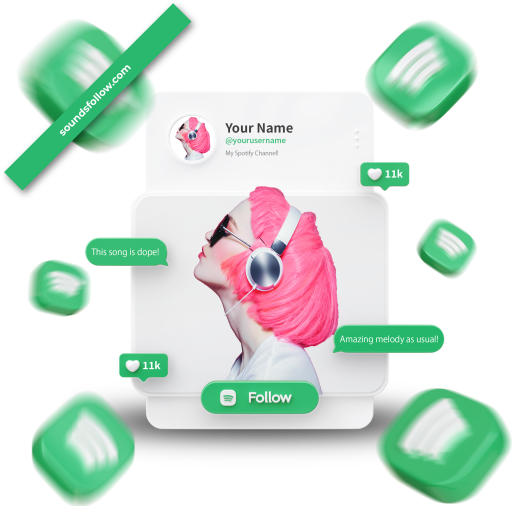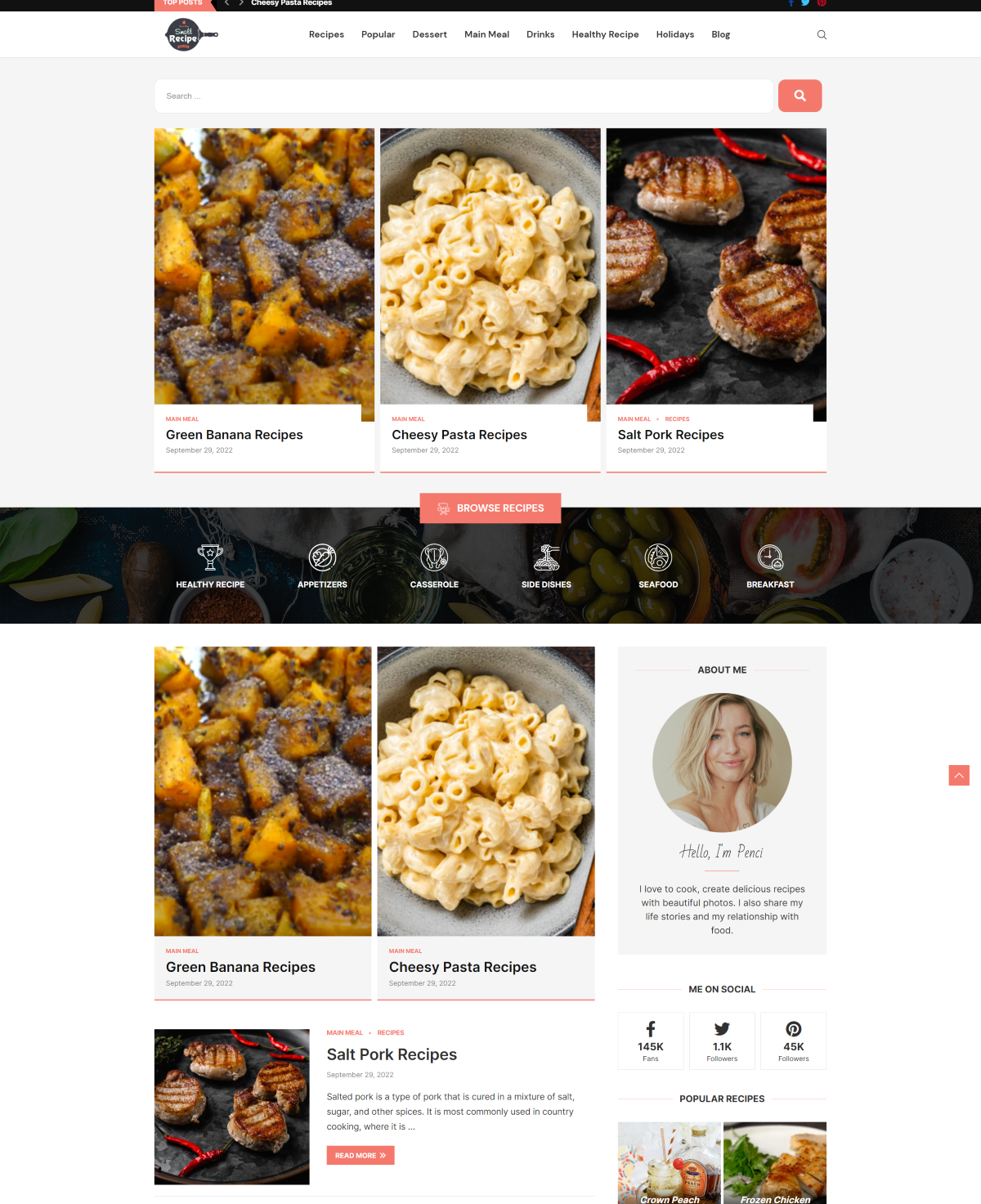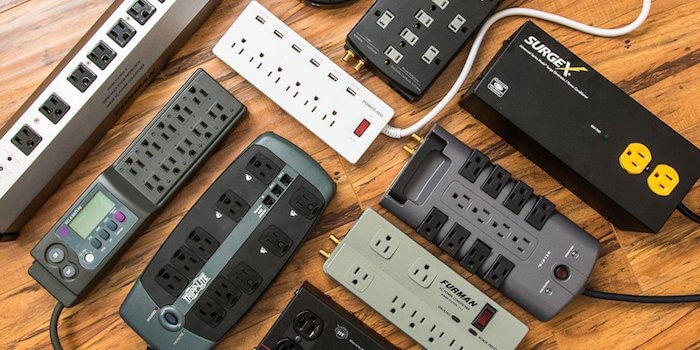How Many Backlinks Does A Website Need to Rank on The First Page?
Every SEO practitioner knows the value of backlinks to a website. Backlinks are hyperlinks within your blog content that take the readers to other pages that authorize your work. Without a sense of authority, you risk losing your place online because, let’s face it, no one is going to trust a brand that has not established an online presence.
But link building can be damn (pardon the word) confusing. You can work hard on it but it still just won’t be enough. SEO practitioners are, therefore, left wondering just how many backlinks it takes to appear the first among search engine results.
Well, SEO auditors have spoken on how many backlinks are enough for a website to rank first, and the number is 23. Did you get that? According to SEO auditors, all successful websites establish their online dominion by linking their content to other 23 or so authoritative sources.
But keep in mind…
Even with the knowledge that 23 is the optimal number of backlinks to have, link building won’t be as simple as you wish it would be. Keep in mind is that the links look as natural as possible. Google’s algorithms like natural backlinks; therefore, anchor texts are, therefore just as important as the links themselves.
The other point is that 23 is just an optimal number, but not all websites require 23 backlinks to appear authoritative. A lot of factors go into determining the number of SEO backlinks needed to make content look authoritative; these include:
You can build as many backlinks as it takes to your homepage.
Why do big brands like Apple, Microsoft, Wikipedia, etc. pop up the first in those organic search engine results? It is because they have the authority that Google trusts 100 percent.
SEO gurus have therefore developed 3-step backlink strategies you can use to excel in your SEO campaigns just like Microsoft and other big names. Having an excellent homepage to establish brand authority is the first step. The next steps involve building power pages and linking to them, but creating homepage brand trust is the most important, and the advice here is:
When it comes to building homepage brand trust, SEO gurus say you can use as many links as it takes. Brand trust is different from brand authority. Brand authority is when you rank #1 for branded search terms while brand trust is when you rank #1 for non-branded search terms. An excellent homepage establishes brand authority, and by linking to it, you create brand trust.
· Keep the backlinks looking natural.
When it comes to backlink anchor texts, SEO experts insist on the use of a mixture of natural, blended and exact-match anchors in a 60/35/5 ratio. This is how big brands like Amazon and Apple have got Google to trust them 100 %.
Exact-match anchors contain only the keyword that is the subject of your web page content. Blended anchors, on the other hand, include the keyword and some other phrases, while natural anchors don’t contain the keyword at all but things like brand URL, brand name, etc.
9 out of 10 of backlinks to the homepage should have natural anchors. Backlinks to other pages such as the power page can be blended or exact-match. That is how you legitimize the pages in the â€eyes’ of Google.
Competitive niches require a lot of backlinks.
Different niches have different SEO needs depending on the level of competition. For example, the level of competition in the medical field is not the same as that in the building and construction industry. The point is, wherever you have to be more aggressive to stay ahead, you need backlinks the
most to show your brand is a cut above the mark.
Niche-specific websites rank higher easily, with fewer backlinks.
Websites that are designed to serve specific niche rank higher easily than general sites for niche-specific search terms. For example, a building and construction website will rank lower than a roofing website for roofing related search terms.
Therefore, anytime you want to rank higher easily with few backlinks, just make your website more niche-specific. Also, remember to provide comprehensive content.
Type of web page
When it comes to differentiating web pages for backlinks, you get either a power page or a regular subpage. Power pages are content-heavy with educational materials. If you point as many as 100 links to these pages, the links still look natural as Google understands these are resources.
Subpages are service pages loaded with promotional content. You should avoid building many backlinks to these pages because Google doesn’t like it when backlinks appear manufactured. To rank a subpage higher easily, you should instead build links to homepage and power pages.
Okay SEO enthusiasts, link building is one of the most important parts of search engine optimization. And while successful websites have revealed to contain 23 (or so) links, there’s no magical formula to going about the implementation of the same. Bigger brands excel at it by studying their competition (backlink analysis) and following the best SEO practices to earn rewards from search engines.
Competitive backlink analysis is very crucial for the success of a brand website. By looking at your existing backlinks Vis a Vis the competitors’, you identify missed opportunities, new content ideas, favorable keywords, and so on. In fact, when it comes to determining the number of links to those inner pages, the advice is to look at what the top 10 placed pages for the key phrase are doing: How strong is their brand authority and how many backlinks to power pages do they have in place?
You can use backlink analysis tools like UberSuggest, Ahrefs, Linkody, SEOJet, and many more to snoop on your competition and implement measures to stay ahead.
Lastly, dear SEO practitioners, we know getting other websites to acknowledge your website’s authorities take time, and you may be tempted to generate backlinks using Private Blog Networks (PBNs). SEO experts advise against such Blackhat strategies.
Since 2011, search engines are de-indexing websites that use PBNs. Just follow SEO safe practices, build brand authority slowly over time. It pays because, in the long run, search engines reward niche-specific blogs that are updated continuously with educational materials and high-quality backlinks.






